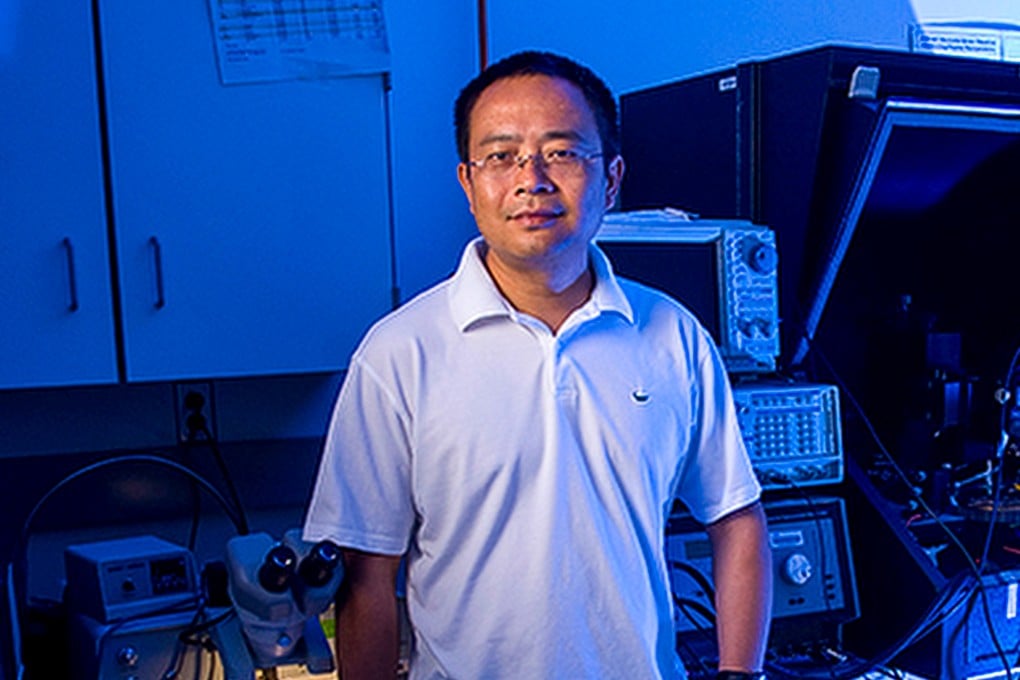Exclusive | Questions remain 5 years after death in US of celebrated Chinese scientist Nongjian Tao
Amid China Initiative era and pressure on Chinese research community, police report concluded Tao died by suicide amid ‘work-related stress’

Shaopeng Wang, a biomedical nanoscientist at Arizona State University, went into shock in March 2020 when he was told that his postdoctoral mentor and long-time collaborator, Nongjian Tao, had been found dead outside a four-storey parking garage on campus after an apparent fall.
Just hours earlier, Tao had emailed Wang and other team members about candidates for a new faculty position at the Centre for Bioelectronics and Biosensors, which Tao had led since 2008. Everything had seemed normal.
A highly cited, award-winning academic and entrepreneur, Tao was best known for inventing a powerful technique called the scanning tunnelling microscopy break junction. The method allowed scientists to measure the behaviour of individual molecules and helped launch entirely new fields in nanoscience, according to a commemorative issue of ACS Sensors dedicated to him.
In the months after his death, Tao’s colleagues published a series of tributes honouring his scientific legacy and personal warmth. Stuart Lindsay, a Regents Professor at Arizona State University (ASU) and Tao’s PhD adviser in the 1980s, called him “the brightest and hardest working student” he had ever had.
Wang described Tao as an inspiring and generous mentor who hosted graduation parties each year at his home in Fountain Hills.
“I simply couldn’t believe it,” Wang said. He and many others were told that 56-year-old Tao had had a heart condition and had slipped while exercising in the garage building after gyms were closed in the Covid-19 outbreak.
According to a report obtained by the Post from the university’s police department, Tao died by suicide and had been under significant work-related stress before his death.
.jpg?itok=xbC2o6Pm)